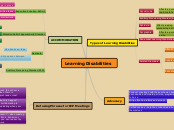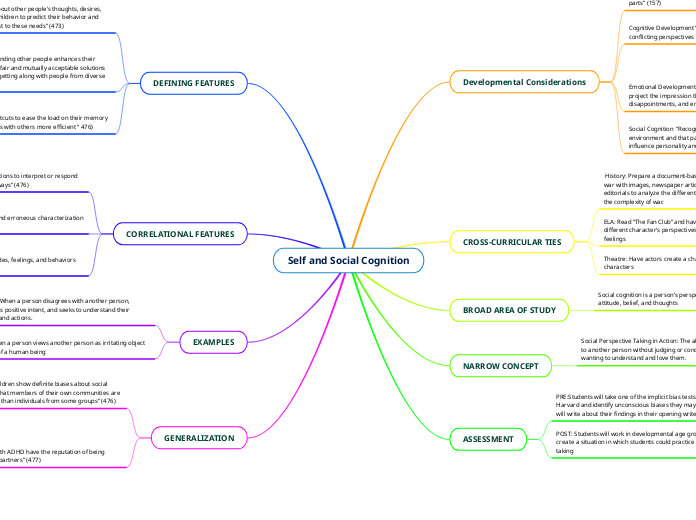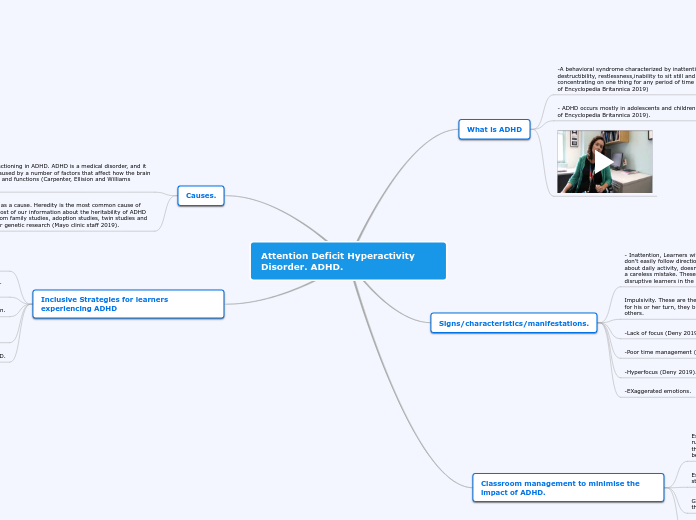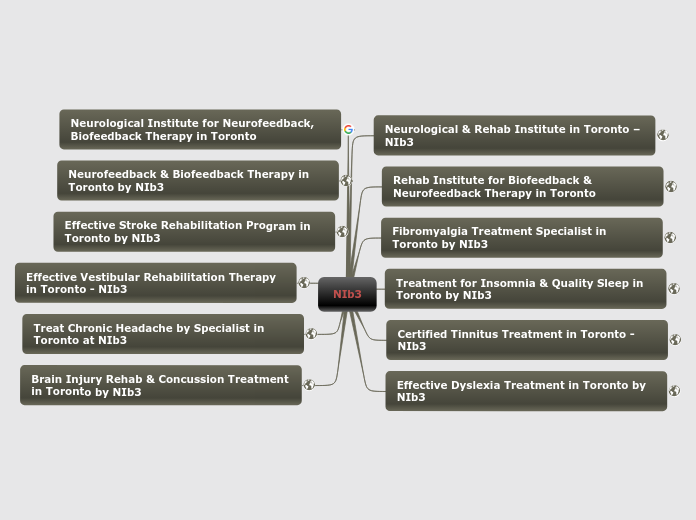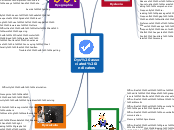作者:Nick Fradelos 8 年以前
836
Nick's Learning Disabilities Mind Map
Learning disabilities encompass a variety of disorders that affect different aspects of learning and processing information. Dyslexia impairs reading and language processing, while dyspraxia impacts muscle control, affecting movement, coordination, language, and speech.
